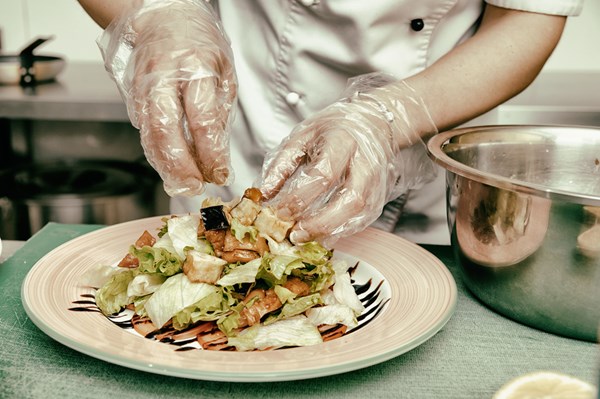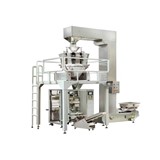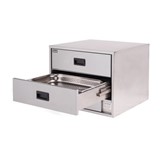So what safety processes can you put in place to ensure food is handled correctly and no nasties get a grip on it?
Storage tips
Any food sitting for extended periods is literally a health hazard waiting to happen if it’s not stored quickly and correctly. So here are a few quick tips to make sure you get it right. Rush perishable food to a refrigerator within two hours of purchase (one if the temperature is over 32 degrees Celsius) and make sure the fridge temperature is 4.4 Celsius or below (-17 Celsius for freezers). Wrap meat and poultry with foil or freezer-safe plastic wrap over its original packaging before freezing. Most canned foods are fine on the shelf at normal room temperatures.
Hand washing tips
Our hands are a prolific germ carrier. We stick them in our pockets. We count money with them. We use them to hold rails when climbing stairs. We shake hands with them. So be obsessive compulsive about hand hygiene. Wash them immediately before and after handling food. Wash them after using the toilet. Wash them after coughing, sneezing, smoking, eating, drinking, or using a handkerchief.
General hygiene tips
While some of these may seem obvious, they are still essentials to running a contamination-free kitchen. Always wear clean outer clothing when dealing with food. If you have a bandage or dressing on any exposed skin, put a waterproof cover over it. Last but not least, if you think you’re going to cough or sneeze, get as far away from food as possible.
Preparation tips
Colour code cutting boards to avoid raw chicken juice spicing up your salads in all the wrong ways and wash your boards thoroughly in liquid chlorine bleach and water. To avoid marinated meat soaking up unwanted odours cover it before putting it in the fridge.
Cooking tips
As a general rule food cooked to an internal temperature of 75 degrees Celsius will kill most bacteria. Use a thermometer during the cooking process to be sure. Cook sausages, mince, chickens and stuffed meats right through. With steak, chops and most red meat bacteria only lurk on the surface, hence rare, medium or well done are all fine.




-160x160-state_article-rel-cat.png)


-160x160-state_article-rel-cat.png)











